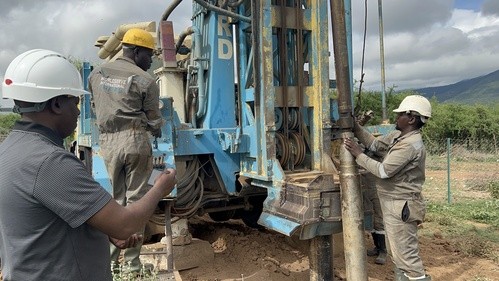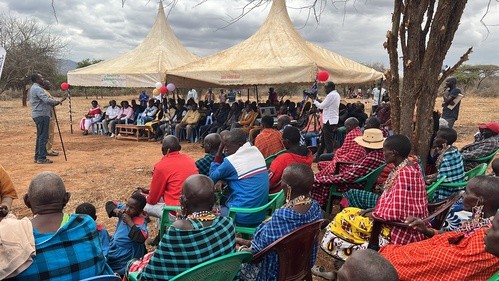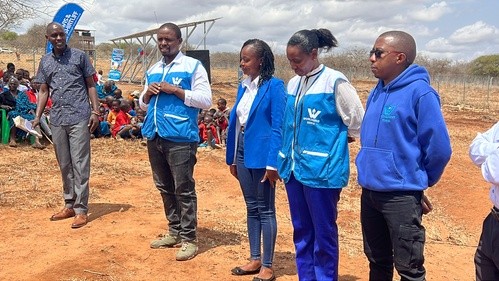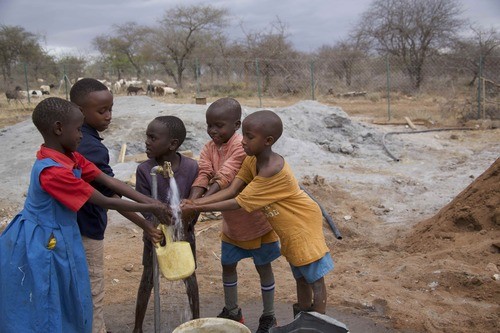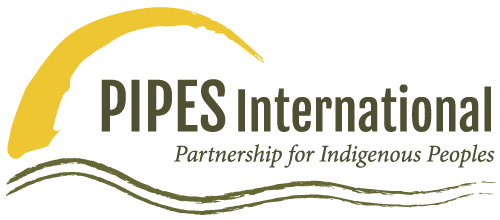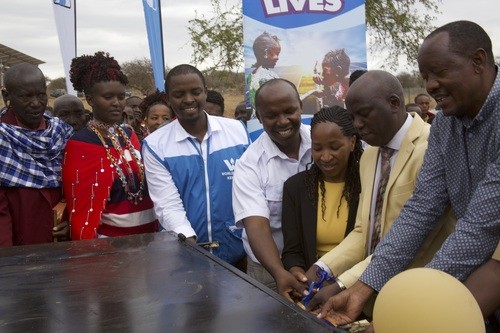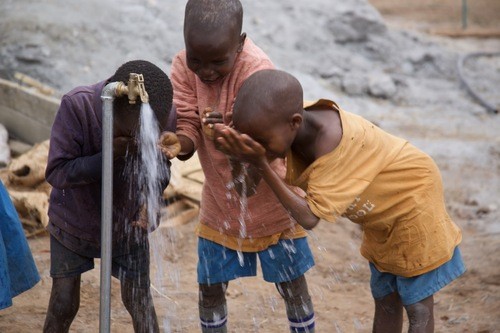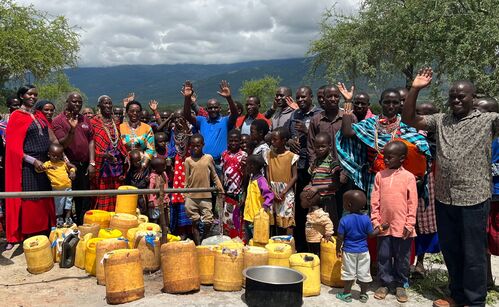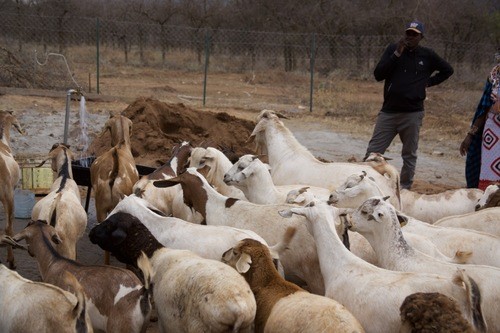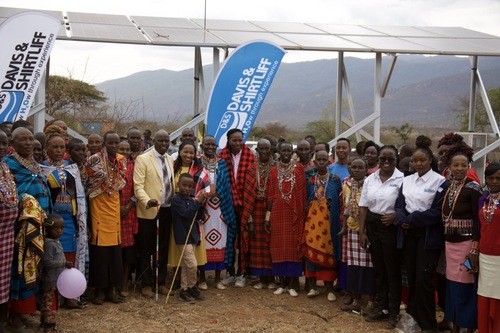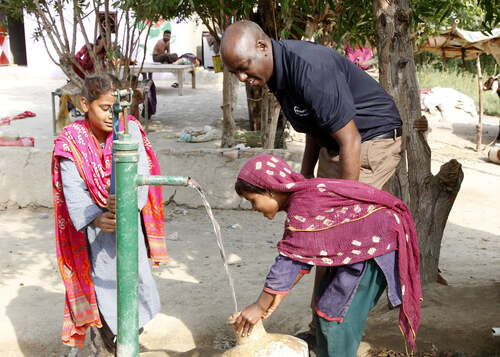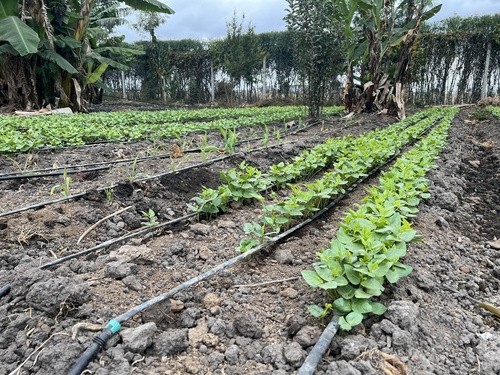A Dream Come True!
Thousands of children and families struggle to survive without access to clean water. Women and girls walk miles to get water for domestic use. Men and boys take their livestock away from home, searching for water and green pastures.The children are the most vulnerable as they miss school, get sick from drinking dirty water, and continue in the cycle of poverty.
The Maasai Community's traditional source of livelihood, cattle rearing, is threatened by changing weather patterns, which has caused a prolonged drought that has negatively affected the livelihood of the Maasai people. PIPES' partnership with Worldserve-Kenya and Davis & Shirtliff has achieved the desired results. We now look forward to implementing farming projects and moving the community from over-dependency on cattle rearing to both cattle and crop farming for food security.
The Maasai Community's traditional source of livelihood, cattle rearing, is threatened by changing weather patterns, which has caused a prolonged drought that has negatively affected the livelihood of the Maasai people. PIPES' partnership with Worldserve-Kenya and Davis & Shirtliff has achieved the desired results. We now look forward to implementing farming projects and moving the community from over-dependency on cattle rearing to both cattle and crop farming for food security.
